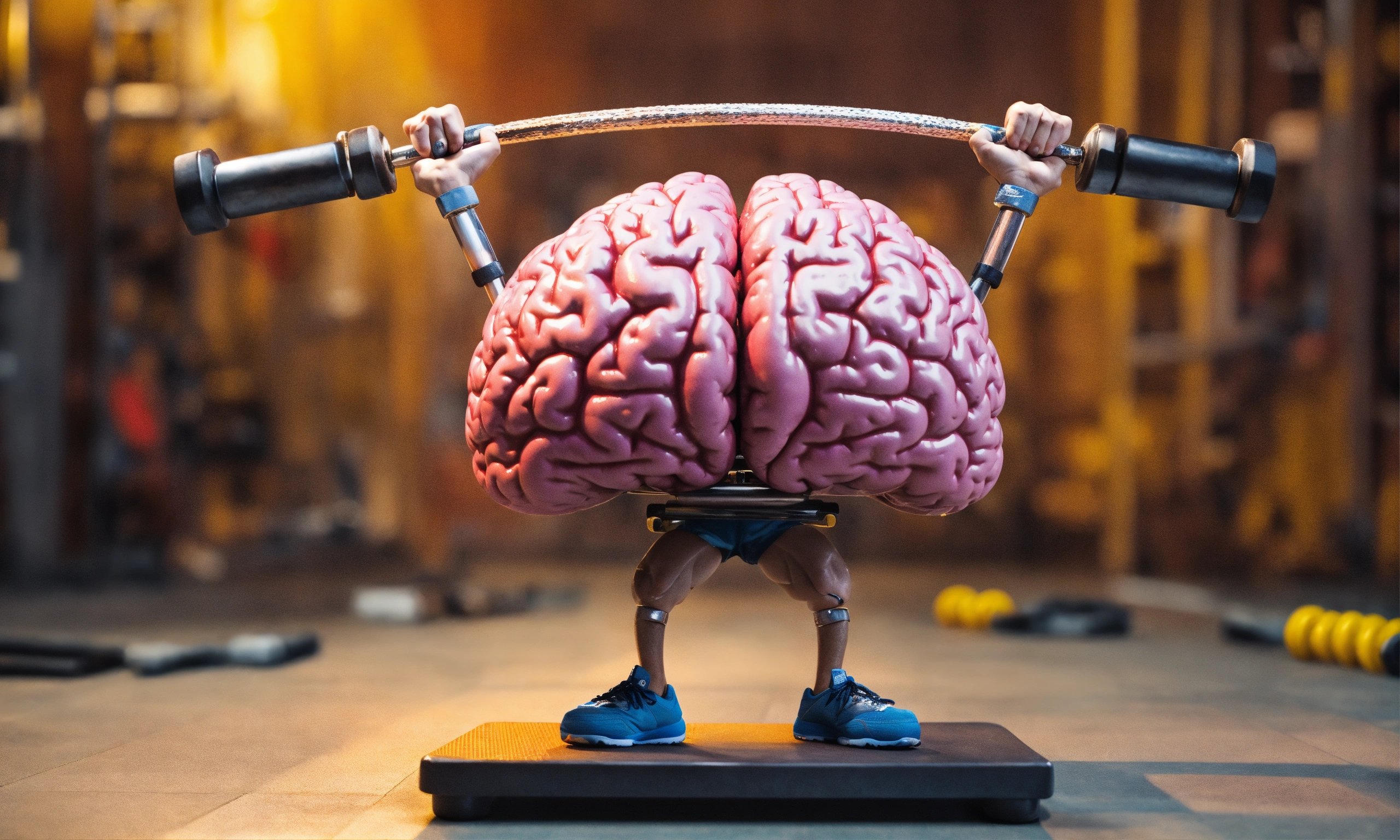- trending-title
- What Is Blockchain Technology and How Does It Work?
- 7011214217
Kidney stones cause pain because as they move through the urinary tract, they can irritate or block the flow of urine. This can cause intense pain in the back, side, lower abdomen, or groin. Additionally, when a kidney stone passes into the ureter (the tube that carries urine from the kidney to the bladder), it can cause spasms, which can also be quite painful.
There are several ways to diagnose kidney stones, including:
A combination of these diagnostic methods may be used to confirm the diagnosis of kidney stones.
The symptoms of kidney stones can vary depending on the size and location of the stone, as well as the individual's overall health. Some common symptoms of kidney stones include:
Not everyone with kidney stones will have all of these symptoms, and some people may have no symptoms at all. If you suspect you have a kidney stone, it's important to see a healthcare provider for an evaluation.
There are several types of kidney stones, each formed from different substances. The main types include:
The type of kidney stone you have can affect your treatment options, so it is important to know what type of stone you have. Your doctor can order some test to determine the type of stone you have.
Over 15 years of experience in the field of Linux/Automation and Container Management. Majorly involved in version controlling technology GIT and private/public cloud administration Like (openstack,AWS,Ansible,docker) Have strong capabilities in cloud solution and devops management.

In a world that often compartmentalizes physical fitness and...
View Details
Welcome to a journey of profound well-being, where the synergy...
View Details
In a world where health trends come and go, there's one...
View Details
In the pursuit of a healthy and fulfilling life, the harmonious...
View Details
In the hustle and bustle of daily life, finding moments of...
View Details
It looks like there's a small typo there! I think you...
View Details